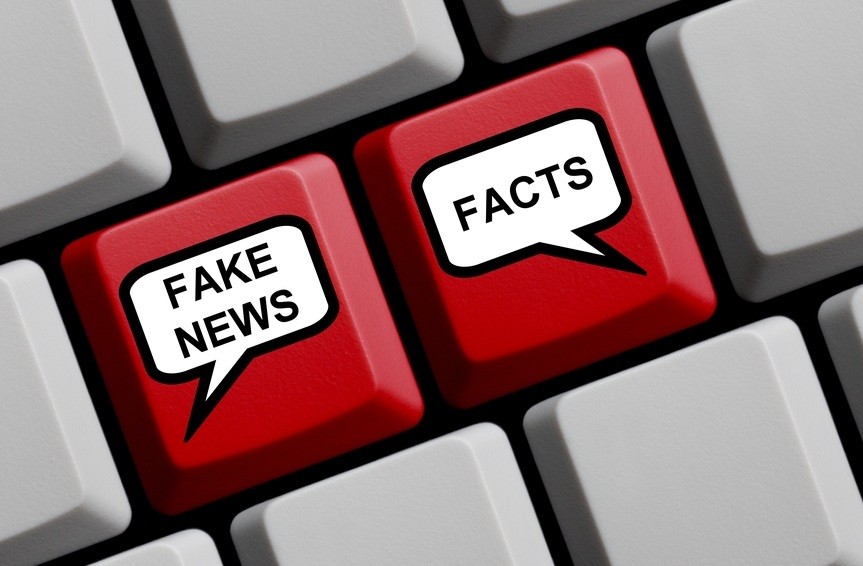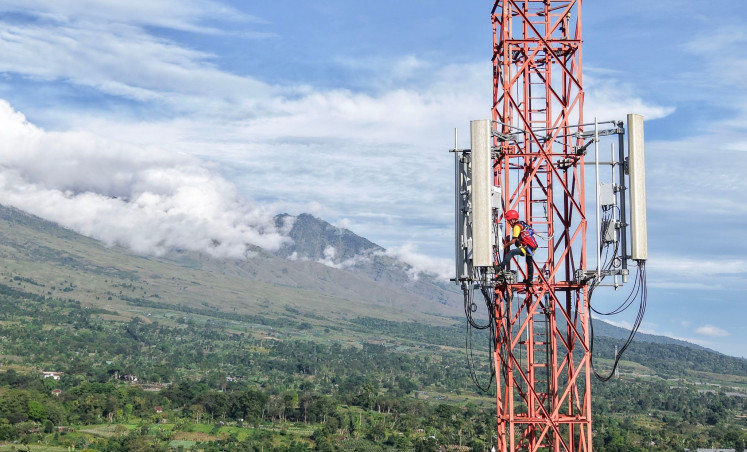Popular Reads
Top Results
Can't find what you're looking for?
View all search resultsPopular Reads
Top Results
Can't find what you're looking for?
View all search resultsChina bans 'fake news' created with AI, bots
Change text size
Gift Premium Articles
to Anyone
C
hina has issued new rules banning online video and audio providers from using artificial intelligence (AI) and virtual reality technologies to produce "fake news."
The regulation published Friday by China's cyberspace authority said that both providers and users of online video news and audio services are "not allowed" to use new technologies such as deep learning and virtual reality to create, distribute and broadcast "fake news."
"Fake news" has been generalized to mean anything from a mistake to a parody or a deliberate misinterpretation of facts.
The rules come into effect on January 1, 2020.
Failure to follow them could be considered a criminal offence, the Cyberspace Administration of China (CAC) said, without offering details on punishments.
The rules require videos and audio tracks produced using AI or virtual reality technologies to carry clear labels warning users.
The regulations particularly stressed the dangers of "deepfakes," or technology that manipulates videos to appear genuine but which depict events or speech that never happened.
Read also: Adobe's new AI tool can detect facial manipulations using Photoshop
Deepfake technologies could "disrupt social order and violate people’s interests, creating political risks and bringing a negative impact to national security and social stability," the cyberspace authority warned.
Concerns over deepfakes have grown since the 2016 US election campaign which saw wide use of online disinformation, according to US investigations.
China's top legislative body said earlier this year it was considering making deepfake technology illegal.
A Chinese face-swapping app Zao, which allows users to convincingly superimpose their own likeness over characters in movies or TV shows, led to a heated debate on the abuses of deepfake technologies in September.











